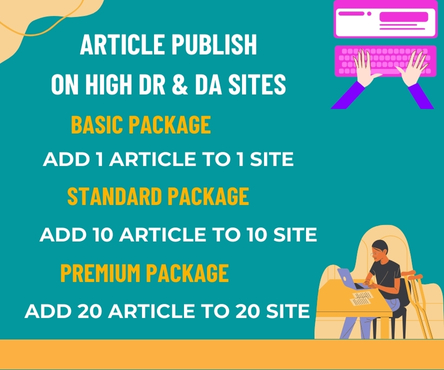Every aspect of our lives in this increasingly digital era has been transformed by technology, and the healthcare sector is no different. Medical voiceovers are a noteworthy development that has the potential to significantly improve patient education, healthcare communication, and professional collaboration. Medical voiceovers have become an indispensable resource in the contemporary medical environment, helping to explain complicated medical procedures and overcome language obstacles.
Consistency in Communication
The key to providing high-quality healthcare is effective communication. To successfully explain complicated medical concepts to patients, families, and even medical professionals, medical voiceovers offer a special solution. Patients are frequently confused and concerned by the complex vocabulary and medical jargon used in the field. Medical experts can make these ideas simpler by using voiceovers to break them down into information that is simple to understand. This encourages a sense of trust and cooperation between patients and healthcare professionals while also empowering patients to understand their conditions and available treatments.
Affordability and inclusivity
Medical institutions frequently cater to varied populations with a variety of language backgrounds in an increasingly globalised environment. This is the area in which medical voiceovers excel. Healthcare professionals can remove language obstacles that could otherwise obstruct efficient communication by providing medical information in several languages via voiceovers. Patients from various backgrounds receive the information they need to make wise decisions about their health because to this inclusion. Medical voiceovers are a crucial tool in developing accessible healthcare products because people with visual impairments or low reading skills can benefit from audio information.
Education for Patient Empowerment
One of the pillars of patient-centered treatment is empowering patients with knowledge. Due to their ability to translate complex medical knowledge into stories that are simple to follow, voiceovers have proven to be a successful medium for patient education. Voiceovers give patients the information they need to take an active role in their own healthcare, from outlining post-operative care to clarifying prescription instructions. Patients who are better informed are more likely to follow treatment programmes, achieve better health outcomes, and feel more satisfied with their medical care.
Enhancing Medical Education and Cooperation
Medical voiceovers have a big impact on professional collaboration and medical training in addition to patient education. Voiceovers can be utilised to provide training materials, communicate knowledge about cutting-edge medical innovations, and promote ongoing medical education. They also provide an easy means for medical experts from around the world to exchange knowledge, research results, and expertise. The development of medical knowledge and the enhancement of patient care on a worldwide scale are both facilitated by this degree of cooperation.
Virtual healthcare with a human touch
Recent developments on a global scale have accelerated the growth of telemedicine and virtual healthcare. Although these advances provide accessibility and convenience, they occasionally lack the human touch that is essential in healthcare encounters. By adding a personal touch to virtual encounters, medical voiceovers can close the communication gap. Patients who might feel alone in far-off healthcare facilities can find solace in the calming and sympathetic tone of a human voice.
In conclusion, medical voiceovers are a ground-breaking technology with the potential to revolutionise patient education and healthcare communication. These voiceovers are revolutionising the medical industry in a number of ways, including by demystifying complicated medical topics and encouraging diversity through multilingual communication. The usage of medical voiceovers is anticipated to increase as technology develops further, boosting patient empowerment, medical education, and international collaboration in ways we never could have predicted.

